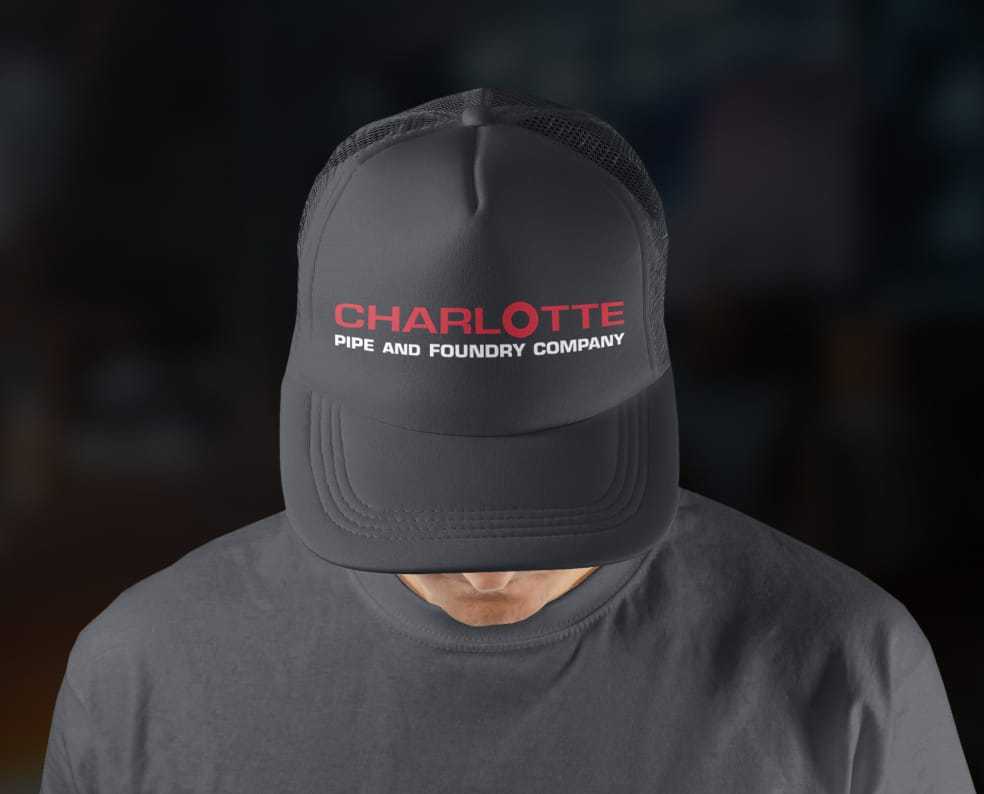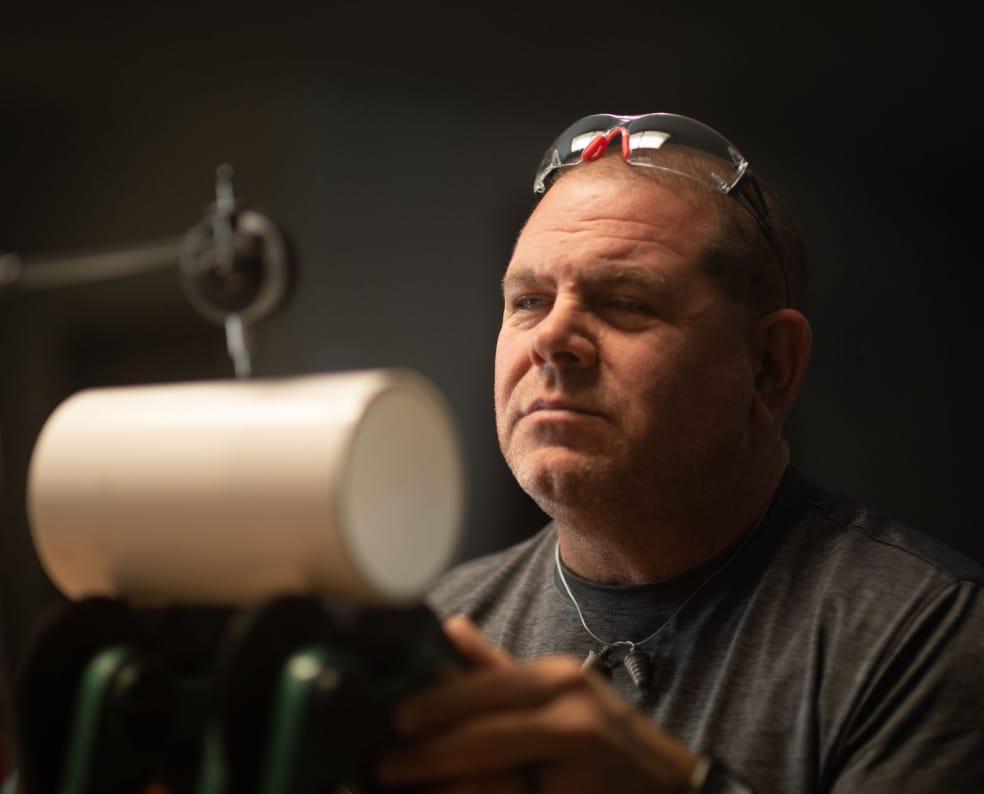Value Engineering
Value Engineering
CHOOSE THE RIGHT MATERIAL FOR THE APPLICATION
Value engineering is a process meant to optimize the resources available without compromising the quality of the building. Unfortunately, it has become a cost-cutting practice that can compromise the building and sometimes result in higher costs for the owner. This is especially true when it comes to substituting plastics for cast iron.
A study of plumbing engineers found that 61% of value engineering requests they received were not in the client’s best interest. To aid in the decision-making process, here are a few resources that can help you decide whether to use cast iron or plastic pipe and fittings. These tools can also be used to help protect the engineer’s specifications.
Factors to consider
Choose the right material for the right application.
LEARN WHY THE RIGHT VALUE APPROACH IS CRUCIAL
Downloads
Explore the links below to help guide you through your decision-making process, or reach out to our Customer Service and Technical Support teams with questions.
-
Testimonials
-
Featured Project: Salem Hospital
-
Featured Project: Ochsner Health
-
Featured Project: Cambria Hotel
-
Featured Project: One Vanderbilt Office Tower
-
Featured Project: TX Whiskey Distillery
-
Joe Messina: “I’ve Been in Plumbing Over 40 Years, and I Couldn’t Identify it.”
-
Jason Classen: Quiet House – “A No-Brainer”
-
Ross Herring: Let the Data Drive the Decision
-
Jason Brownlie: The False Economy of PVC Below Ground
-
Warren Maddox: On Through Penetration of Fire-Rated Assemblies
-
Nick Cantu: Choosing Cast Iron or PVC for Day Spa
-
Ralph Ferrell: False Economy of PVC Firewall/Floorslab Penetrations
-
Michael Smith: Correctional Facilities Secured From the Drains Up
-
Broc Thiele: Value of Using a VE Checklist
-
Brian Tym: Noise Abatement and PVC
-
Steven Weinberger: Value Enhancement
-
Kelly Ireland: Longevity of Cast Iron
-
Case Study: “What’s Dumber Thank Hitting Cast Iron Pipe With A Hammer?”
-
-
White Papers & Articles
-
White Paper: Navigating the PVC VE Proposal
-
Article Reprint: Value Engineering Has Gone Too Far
-
Sound Design in Drain, Waste, and Vent Lines
-
Article Reprint: Navigating the PVC Value Engineering Proposal
-
Help Avoid Value Engineering Problems and Litigation
-
Value Engineering Survey Results
-
Installing PVC Pipe in Underground Applications
-
PHCP PROS: Value Engineering Commercial DWV With Foam Core PVC
-
CorrectionalNews.Com: Pipe Down: Plumbing and Noise Abatement
-
Value Engineering Commercial DWV With Foam Core PVC
-
Value Engineering: Avoid Litigation by Choosing Right Material for Right Job
-
University Sues Endowment Re: Plumbing Issue
-
Apparel & Accessories
Visit the Charlotte Pipe store to get shirts, coolers, hats, and more.

Recent News
Head to the Newsroom to get the latest news, announcements, and coverage from Charlotte Pipe.

Customer Service & Support
Contact our Customer Service team and they can help answer your questions and provide support.


